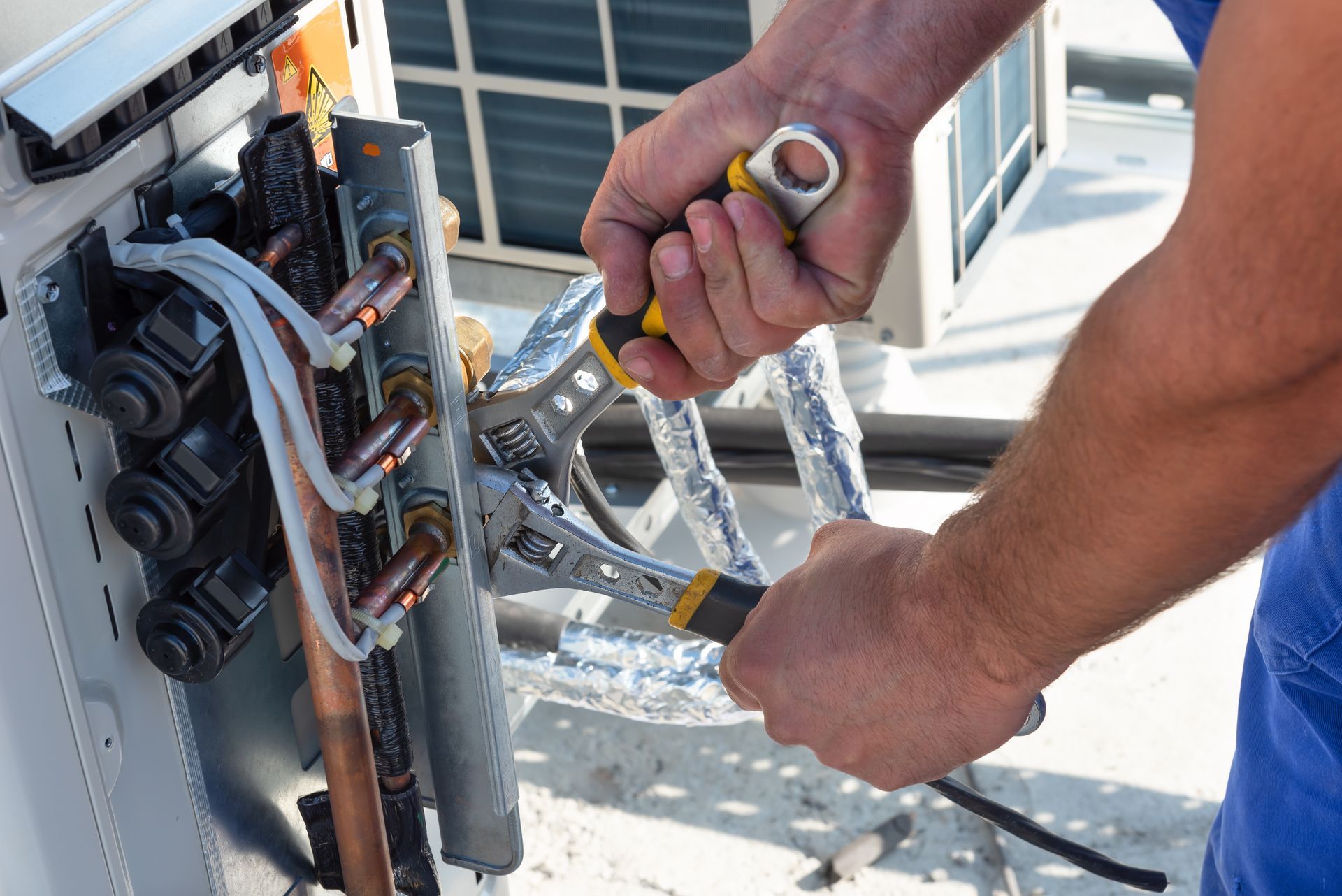(980) 322-8880 | Charlotte, NC | 24HR Emergency Services

Blog
Blog

12 Sep, 2023
Maintenance contracts are an essential component of ensuring the longevity and optimal performance of various systems and equipment in your home or business. These contracts, often offered by professionals in specific industries, such as HVAC, plumbing, or electrical services, provide a range of benefits that go beyond simple repairs. In this blog, we will explore what maintenance contracts are, why they are important, and how to get the most out of them. What Are Maintenance Contracts? Maintenance contracts, also known as service agreements or service contracts, are formal agreements between a service provider and a customer. These contracts outline a set of services that the provider will perform at scheduled intervals to maintain, inspect, and repair equipment or systems. Common examples include HVAC maintenance contracts, plumbing service agreements, and elevator service contracts. Why Are Maintenance Contracts Important? Preventive Maintenance: Maintenance contracts focus on preventive measures to identify and address potential issues before they become major problems. This approach can extend the lifespan of your equipment and reduce the need for costly emergency repairs. Reduced Downtime: Regular maintenance ensures that your systems and equipment are running efficiently. This reduces the likelihood of unexpected breakdowns and downtime, which can be especially critical for businesses. Cost Savings: While maintenance contracts involve an upfront cost, they often lead to significant savings in the long run. Fewer breakdowns mean less money spent on emergency repairs and replacements. Safety: In some industries, such as elevators and electrical systems, safety is paramount. Maintenance contracts include safety checks and ensure compliance with industry regulations, reducing the risk of accidents or hazards. Priority Service: Many service providers offer priority service to contract holders. This means that if you do experience an issue, you'll receive faster response times and shorter wait periods for repairs. What Do Maintenance Contracts Typically Include? The specific services included in a maintenance contract can vary depending on the industry and the provider. However, some common elements often found in maintenance contracts are: Regular Inspections: Scheduled inspections of the equipment or systems to identify potential issues. Cleaning and Lubrication: Cleaning, lubricating, and adjusting components as needed to maintain optimal performance. Filter Replacement: Replacing filters or other consumable parts that can affect the performance of the equipment. Emergency Services: Some contracts include access to 24/7 emergency services in case of unexpected breakdowns. Discounts: Contract holders may receive discounts on additional services, repairs, or replacement parts. Documentation: Detailed records of inspections, maintenance, and repairs performed on your equipment. How to Get the Most Out of Your Maintenance Contract To maximize the benefits of your maintenance contract, consider these tips: Choose a Reputable Provider: Research and choose a service provider with a solid reputation for quality work and customer service. Read the Fine Print: Carefully review the contract terms, including what is covered, the frequency of service, and any associated costs. Schedule Regular Service: Stick to the recommended service schedule to ensure your equipment remains in top condition. Communicate Effectively: If you notice any changes in your equipment's performance or have concerns, communicate with your service provider promptly. Keep Records: Maintain your own records of the services performed, including dates, descriptions, and any recommendations from the service provider. Ask Questions: Don't hesitate to ask questions or seek clarification on any aspect of your maintenance contract. In conclusion, maintenance contracts are valuable agreements that offer peace of mind, cost savings, and improved safety. Whether you're a homeowner or a business owner, understanding the importance of these contracts and effectively managing them can contribute to the long-term health and efficiency of your equipment and systems.